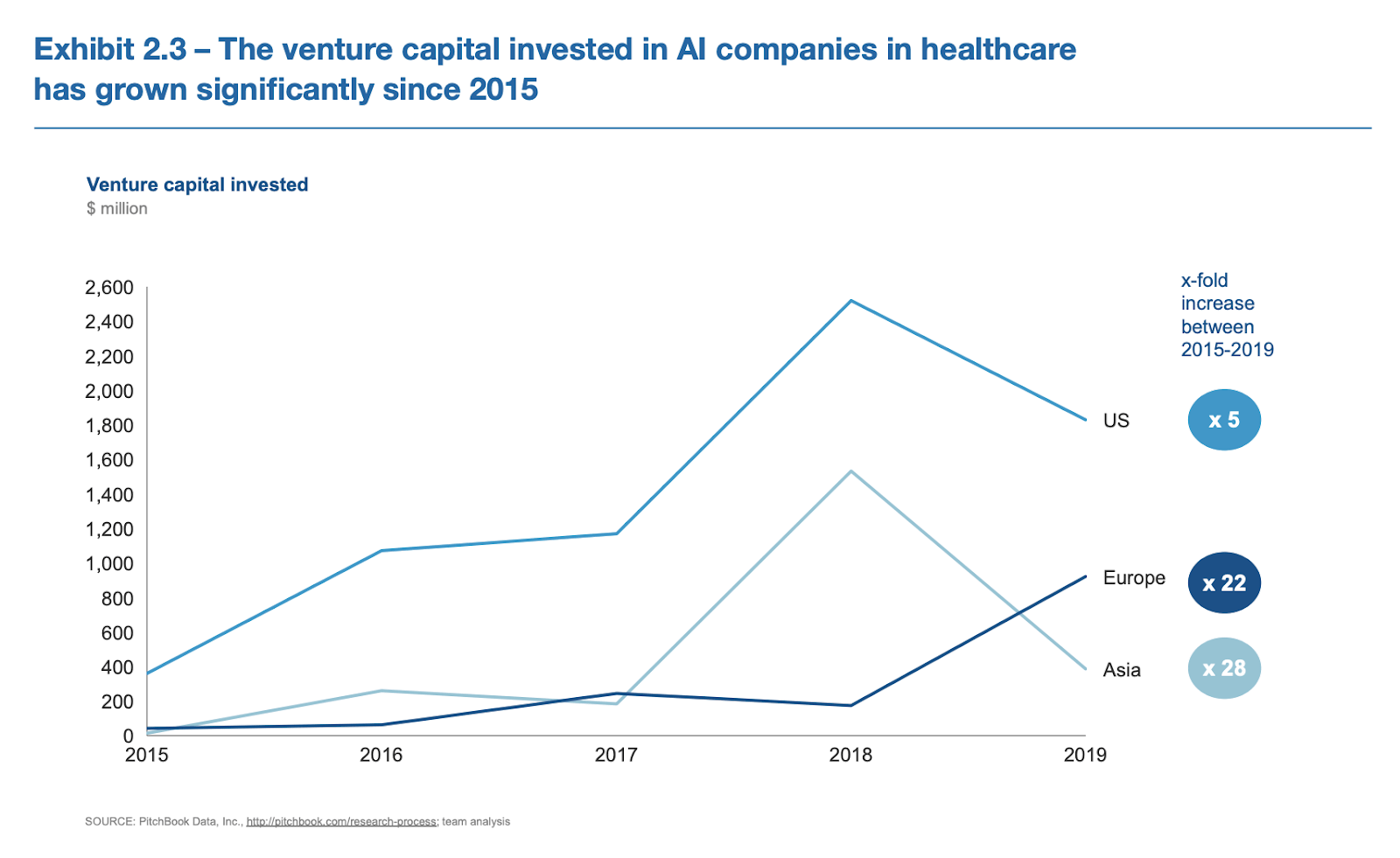How Data Science is Transforming Healthcare
The integrated use of data science and machine learning in healthcare has many applications for improving patient care, business processes and operations, and pharmaceuticals. But the healthcare industry faces considerable challenges in data quality and i
Mar 2021 · 9 min read
Topics
RelatedSee MoreSee More
blog
Python in Healthcare: AI Applications in Hospitals
Learn about how python-based applications are transforming the healthcare industry.
Armstrong Asenavi
18 min
blog
5 Common Data Science Challenges and Effective Solutions
Emerging technologies are changing the data science world, bringing new data science challenges to businesses. Here are 5 data science challenges and solutions.
DataCamp Team
8 min
blog
How Data Science is Used in Every Step of the Automotive Lifecycle
Making better, safer vehicles requires a data-driven approach. Data science unlocks better mobility solutions for all with connected and autonomous vehicles.
Joyce Chiu
6 min
podcast
How Data Science is Transforming the Healthcare Industry
Curren Katz, Senior Director for Data Science & Project Management at Johnson & Johnson, discusses how the healthcare industry presents a set of unique challenges for data science, including how to manage and work with sensitive patient informa
Adel Nehme
35 min
podcast
Pharmaceuticals and Data Science
What are the biggest challenges in Pharmaceuticals that data science can help to solve?
Hugo Bowne-Anderson
60 min
podcast
How Data Science Enables Better Decisions at Merck
Suman Giri shares how Merck is using data to improve organizational decision-making, medical research outcomes, and how data science is transforming the pharmaceutical industry at scale.
Adel Nehme
39 min

